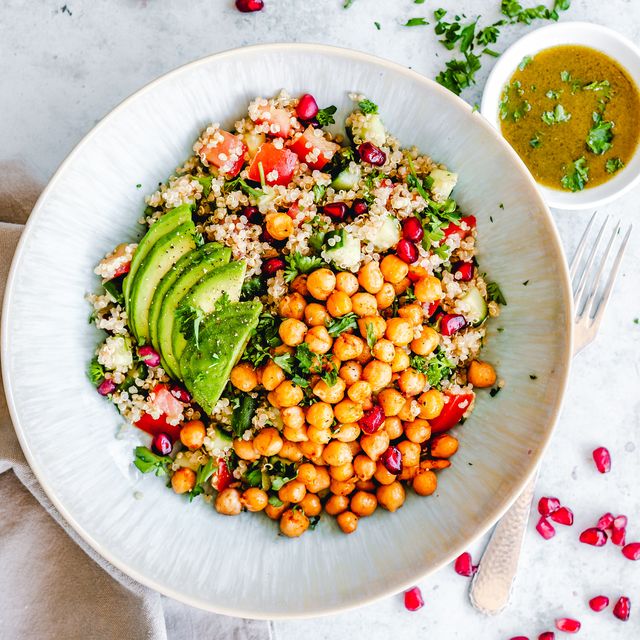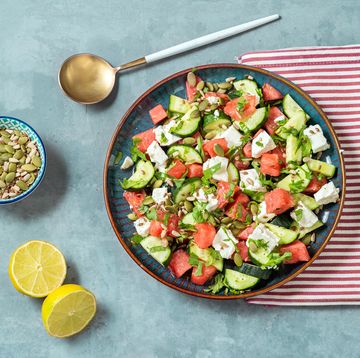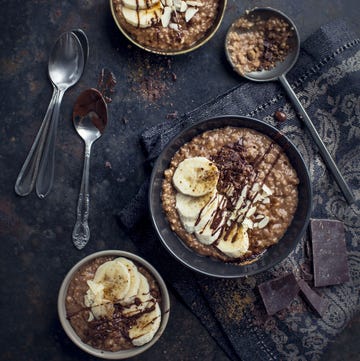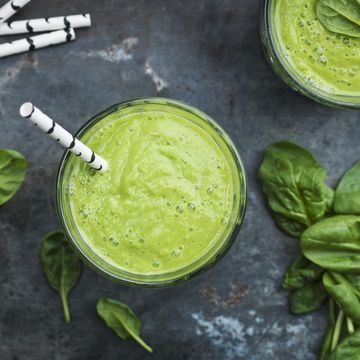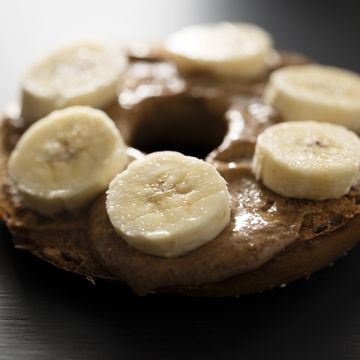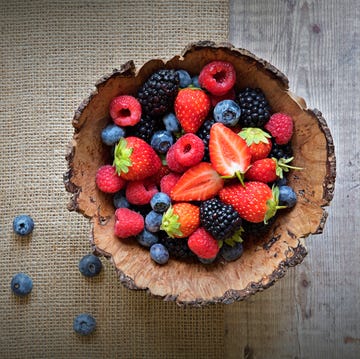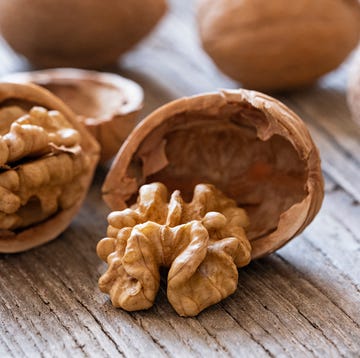Feeling sluggish on your long runs or struggling to maintain high energy levels in your interval sessions? Perhaps you are considering a change in nutrition and have come across the Alkaline diet.
What is the evidence behind the alkaline diet?
The alkaline diet is based on the theory that you can change the pH balance of your body through the food that you eat. Proponents claim that if your body is too 'acidic', you are more likely to develop health conditions, including cancer. There is, however, no evidence that this is the case. Cancer Research UK point out that 'sticking to a strict alkaline diet won’t prevent or cure cancer, and eating acidic foods won’t cause cancer'. They also note that 'there’s no good evidence to prove that our diet can change our whole body’s pH, or that a diet of a certain pH has any impact on cancer'.
What does the alkaline diet actually consist of?
The diet consists - as you might imagine - of incorporating 'high alkaline' foods into your daily eating habits, and slowly minimising any acidic foods.
Using the pH scale, foods are classed as either alkaline or acidic based on how much acid is produced in the body when it is digested. The term ‘alkaline forming’ is also used to describe foods that are initially acidic, but become alkaline when consumed.
A typical alkaline diet does contain nutrients such as calcium, magnesium, and potassium from whole foods such as legumes, nuts, non-starchy vegetables, certain fruits, quinoa and olive oil. However foods such as meat, fish, dairy, eggs, grains and lentils are considered 'acidic'.
Is the alkaline diet credible?
There is currently no credible evidence to support the health claims of the alkaline diet, and though it's plant-based nature and lack of processed foods could lead to health benefits, such as lowering cholesterol and blood pressure, a lack of protein may be a concern, particularly among older people. In the elderly, inadequate protein intake can be a greater problem for bone health than a lack of fruit and vegetables.
This is because the alkaline diet rules out several protein-rich foods broadly regarded as being healthy by registered dieticians and nutritionists, including eggs and dairy products. With this in mind, it’s a diet to approach with caution as it lacks the scientific backing of something like the Mediterranean diet.
What foods are included in the alkaline diet?
Greens
Many green vegetables are considered 'alkaline' and certainly do provide high nutritional value and vitamins. Green beans, cabbage, and brussels sprouts, for instance, are full of fibre and minerals, while leafy greens such as kale, produce both vitamin A and vitamin C, adding calcium and fibre to your diet.
Beans
A great source of protein in any runner’s diet, beans are packed with fibre, minerals, and vitamins. Beans approved of by the Alkaline diet's restrictions include butter beans, haricot beans and soy beans. Although not all beans are alkaline, the diet's proponents suggest soaking beans before cooking or add baking soda to the cooking water to reduce acidity (which many people would do anyway simply to make the beans cook better). Beans are a versatile food and good source of protein for vegans and vegetarians.
Millet
Also a popular choice for a gluten-free diet, millet is a type of grain often used as a replacement for wheat. It has a higher fibre content than white rice or wheat, and is easier for some people to digest. It's also a good source of protein and iron, and on an Akaline diet is often used as a wheat-substitute.
Fruits
As most fruits are actually acidic, only a few are classed as 'alkaline forming'. However, the theory behind the diet is that fruits such as grapefruit, though they may initially taste sour, once consumed, have an 'alkalising effect' on the body. Generally, fruits (and vegetables) are a good source of vitamines and minerals in your diet, including folate, vitamin C and potassium. They can also be a good source of fibre and support a health digestive system, which in turn can reduce your risk of bowel cancer. Alkaline-diet approved like pomegranates are a great source of vitamin C, while avocados are high in potassium and full of nutrients.
Tofu
Tofu is considered excellent in 'assisting the body towards an alkaline state'. As an excellent plant-based source of protein, tofu is rich in nutrients for runners who are looking to improve their diet and find meat alternatives, whatever their reason.
Quinoa
Quinoa provides many minerals and vitamins and actually compares favourably to other grains. It's also very versatile and can be used as a substitute for rice, or added into your salads or stews.
Sweet potatoes
Sweet potatoes are a brilliant source of energy for runners, a great source of fibre and minerals like calcium and iron. Whether you prefer to roast them, or chuck them in a curry, sweet potatoes are a great addition to any diet.
Olive oil
Olive oil is decreed to be on the lower end of the acidic scale. However, it contains healthy monounsaturated fats that lower levels of LDL (low-density lipoprotein) cholesterol in the blood, as well as being packed with antioxidants. It’s best not to cook with olive oil at high temperatures (doing so alters the phenolic compounds and can give the oil an off taste). Enjoy it in vegetable sautés, drizzled on pasta or added to dressings for salads.
